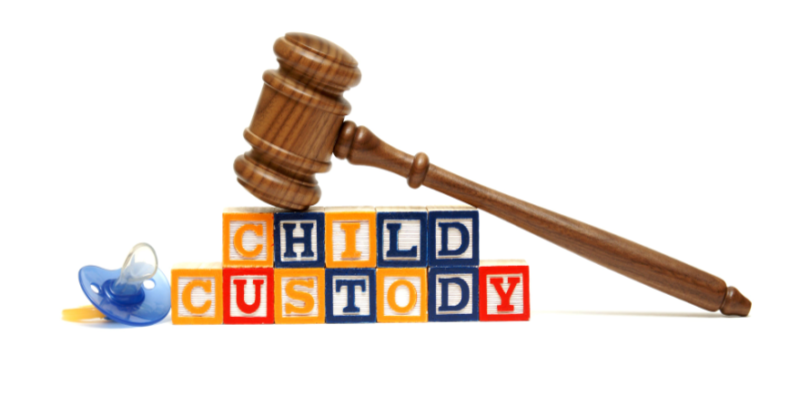
When it comes to a custody battle, your child’s best interest should be the most important concern for both parents, and it is the main aspect that the courts will be considering. Whether seeking to share rights with your child’s other parent or not, understanding what different types of custody arrangements there are and what they could mean for you and your child, will help you to pursue the right kind of custody that is best for your child.
What Types of Custody Are There?
When it comes to custody, different arrangements of rights are organized into two main categories.
Legal custody of the child that involves major decisions of what will be included in a child’s upbringing like religion, school decisions, as well as medical decisions.
Physical custody that involves who the child will live with and how often the other parent has visitation.
If there is an agreement between the parents of how legal and physical custody is shared, then the arrangement is appropriately named, shared custody. But if you believe the best interest of the child involves the other parent not being in your child’s life nor having a say in how the child is raised, then you are seeking sole custody of your child, both legally and physically. This means that your child will be with you all the time and you will make all decisions.
Why Pursue Sole Custody?
Pursuing sole custody should only happen if the presence of the other parent has been proven to be harmful in some way to the child. The well-being of the child is at the forefront of any custody battle and children greatly benefit from both of their parents being involved in their lives. In most cases, sole custody is not granted to one parent. The burden of proof is high to ensure that parents do not use custody as a way of punishing each other for a bad marriage that resulted in a divorce or other previous offenses made between the parents. But if one parent proves to be abusive, either physically, mentally, or emotionally, or is neglectful, the child’s well-being is the most important, and sole custody may be what is best.
Keep Record
The best way to go into a custody case is to have tried your best to come to reasonable decisions with your ex concerning the children. A willingness to try to work things out on your own will show stability and a prioritizing of the children’s happiness and care. A few tips for maintaining a positive relationship with your spouse with respect to the children are to:
Be on time
Do what you say you will do
Do not bad mouth your ex on social media
Do not put your children in the middle
Do not speak to your children about the case
Keep a record of positive parenting examples through text, email, or pictures in case you need to defend yourself in court.
Also, if you believe your ex should not have custody of your children, keep a record of specific examples that show they are unfit to parent. Do not make anything up or make something look worse than it is. You will look unreasonable or untrustworthy in court. Depending on your situation, be prepared to defend your parenting and to prove your ex will be harmful to the children if this is the case.
Hiring an experienced family law attorney will guide you and help you make the best decisions for your children. If you are in Nevada, give Warnock Family Law a call today.



